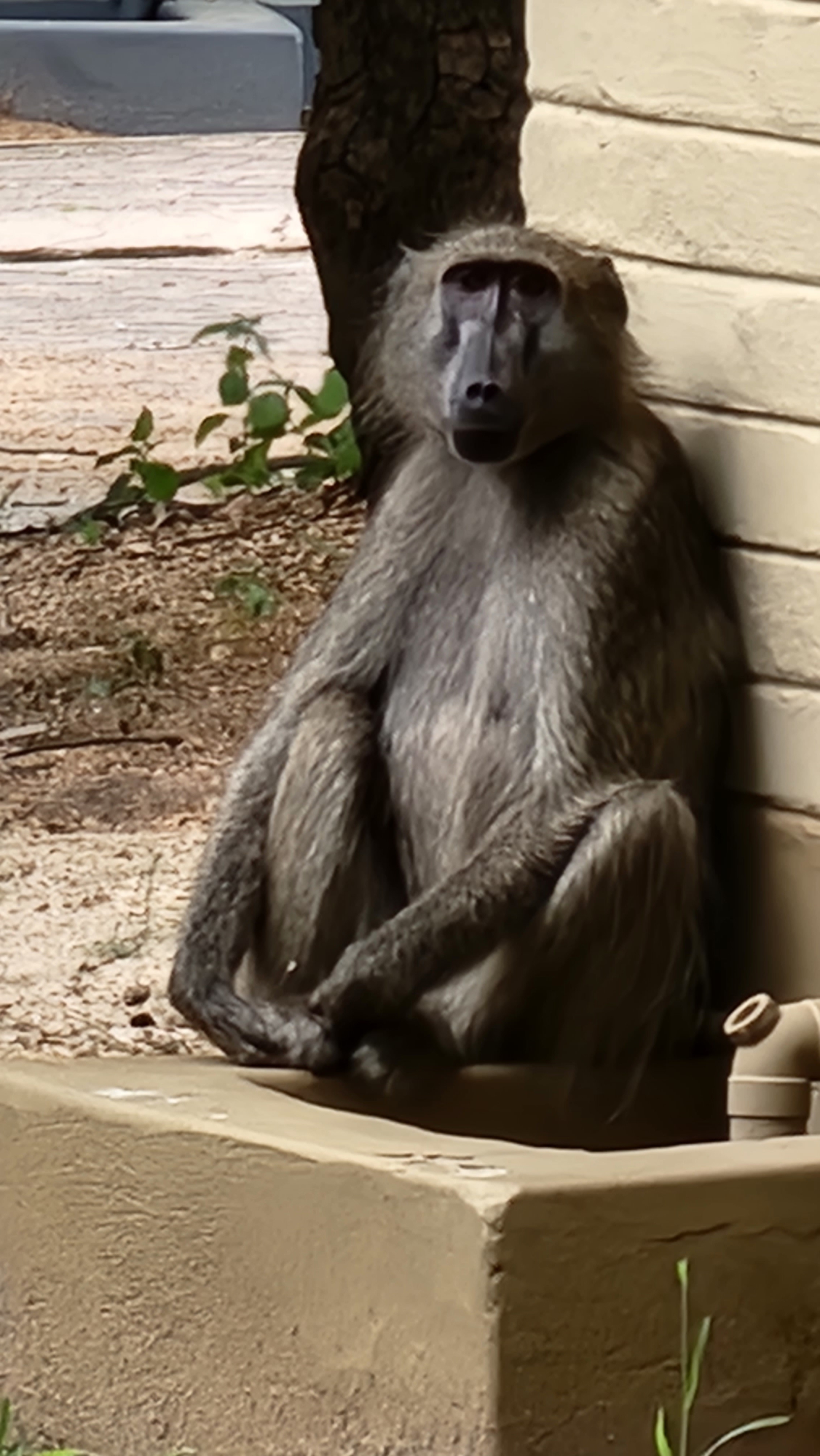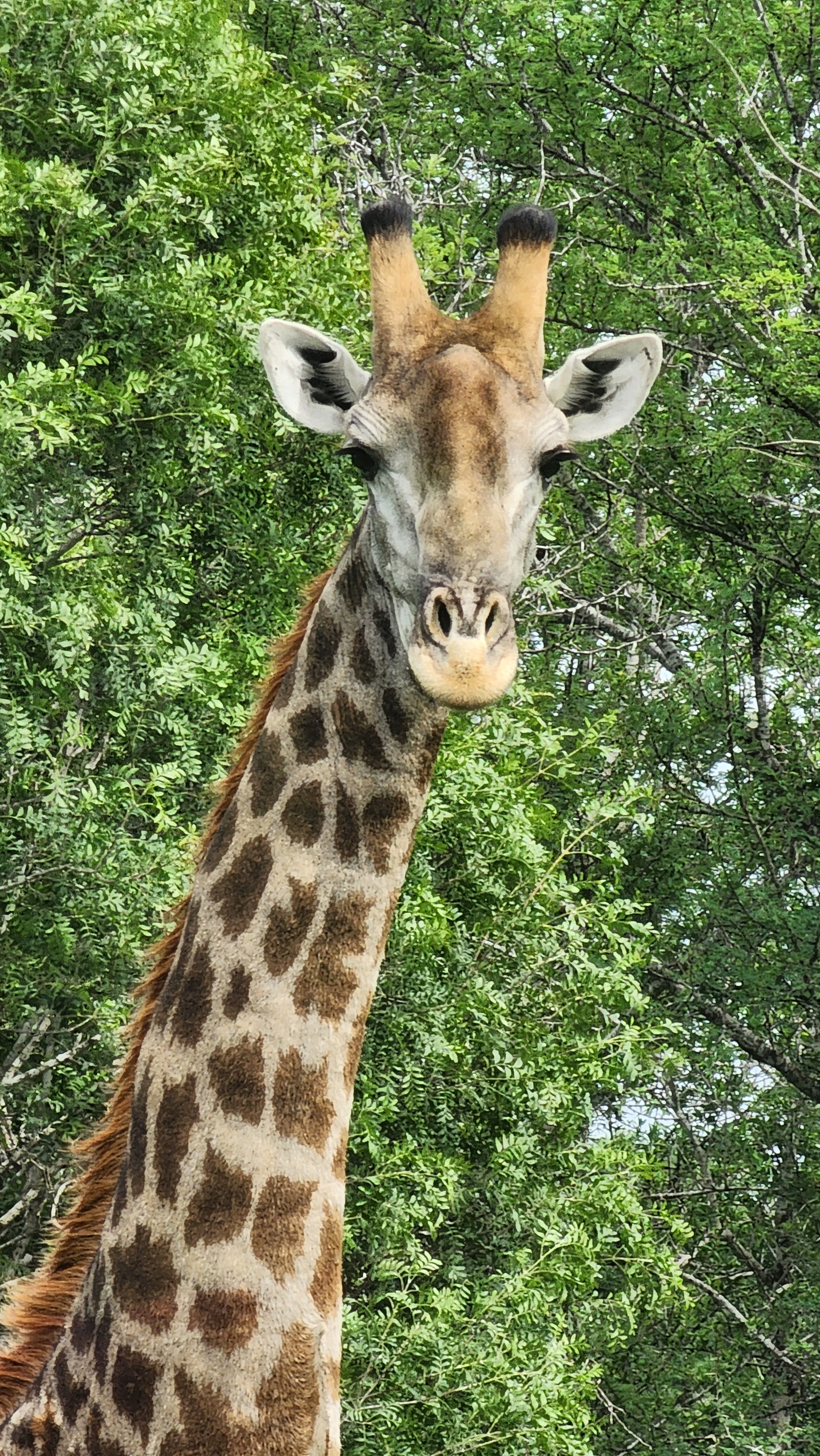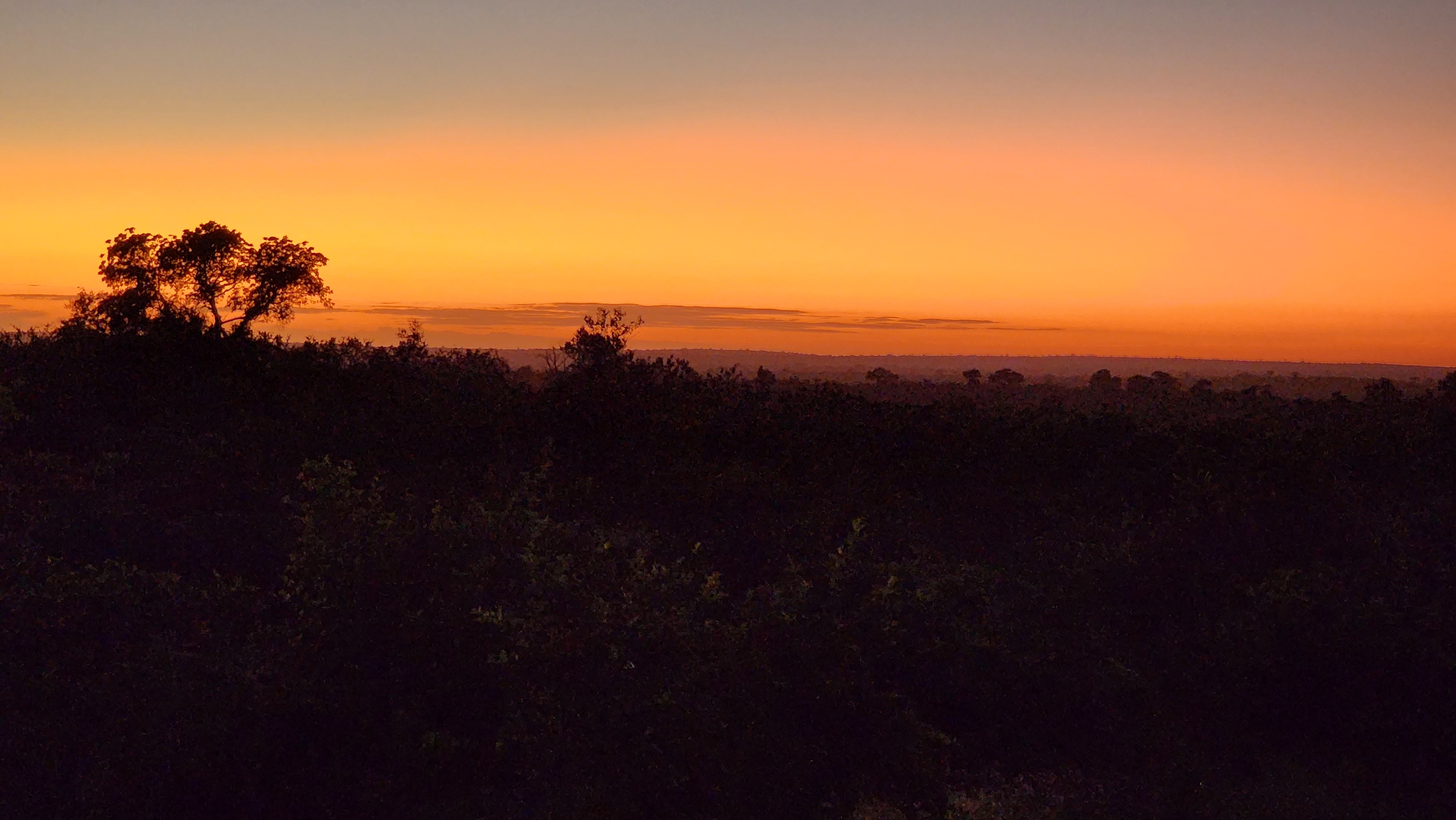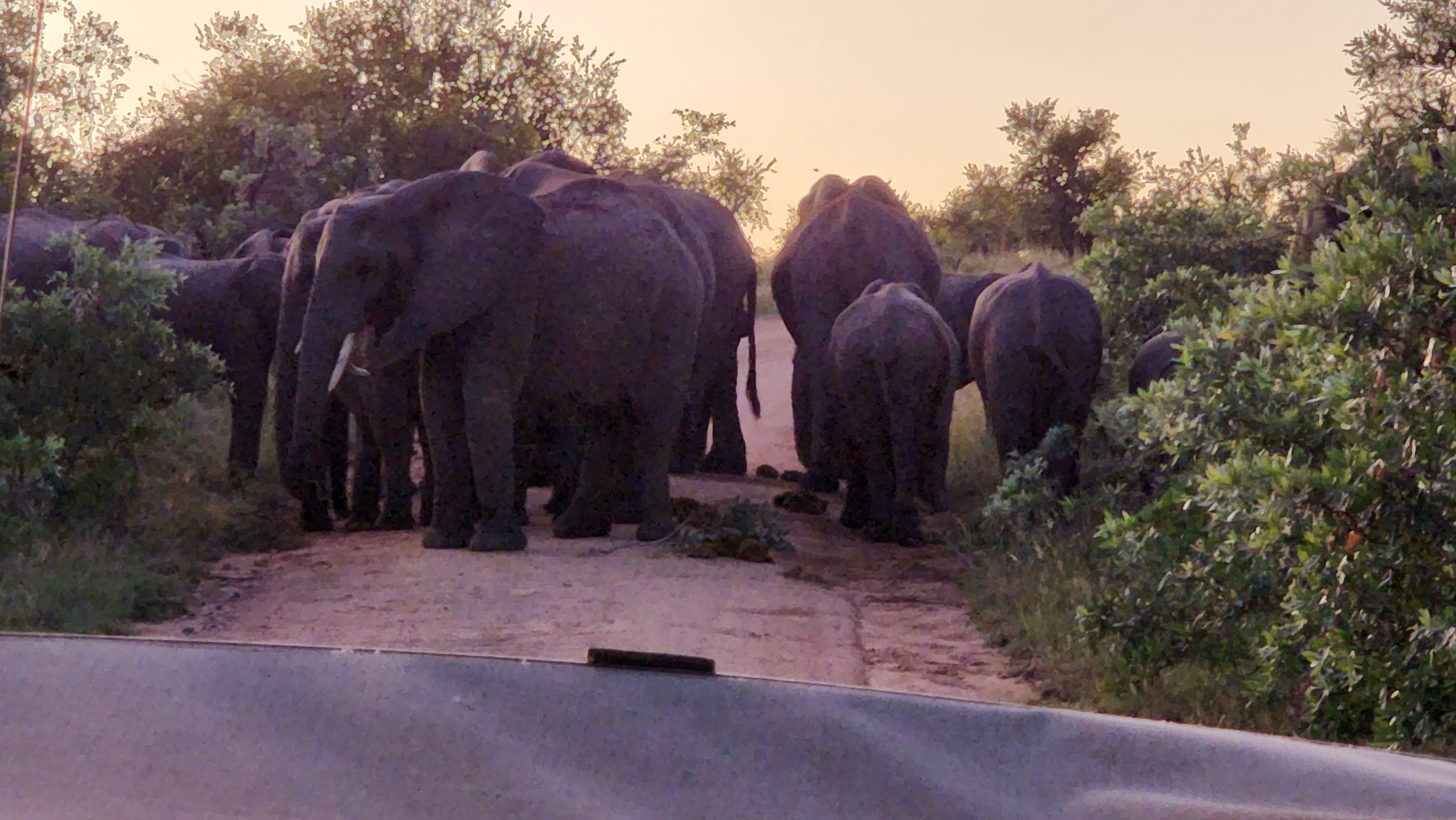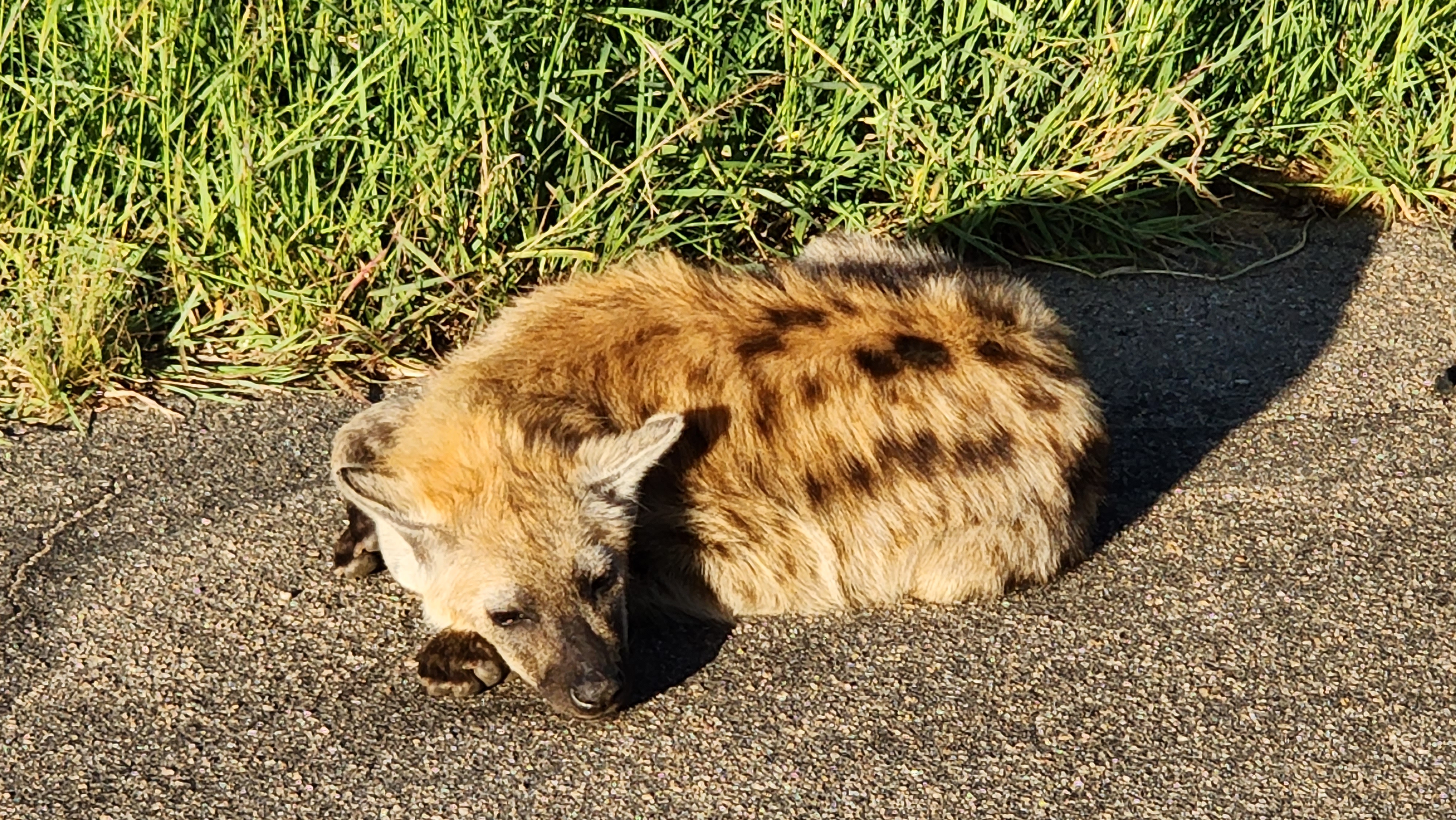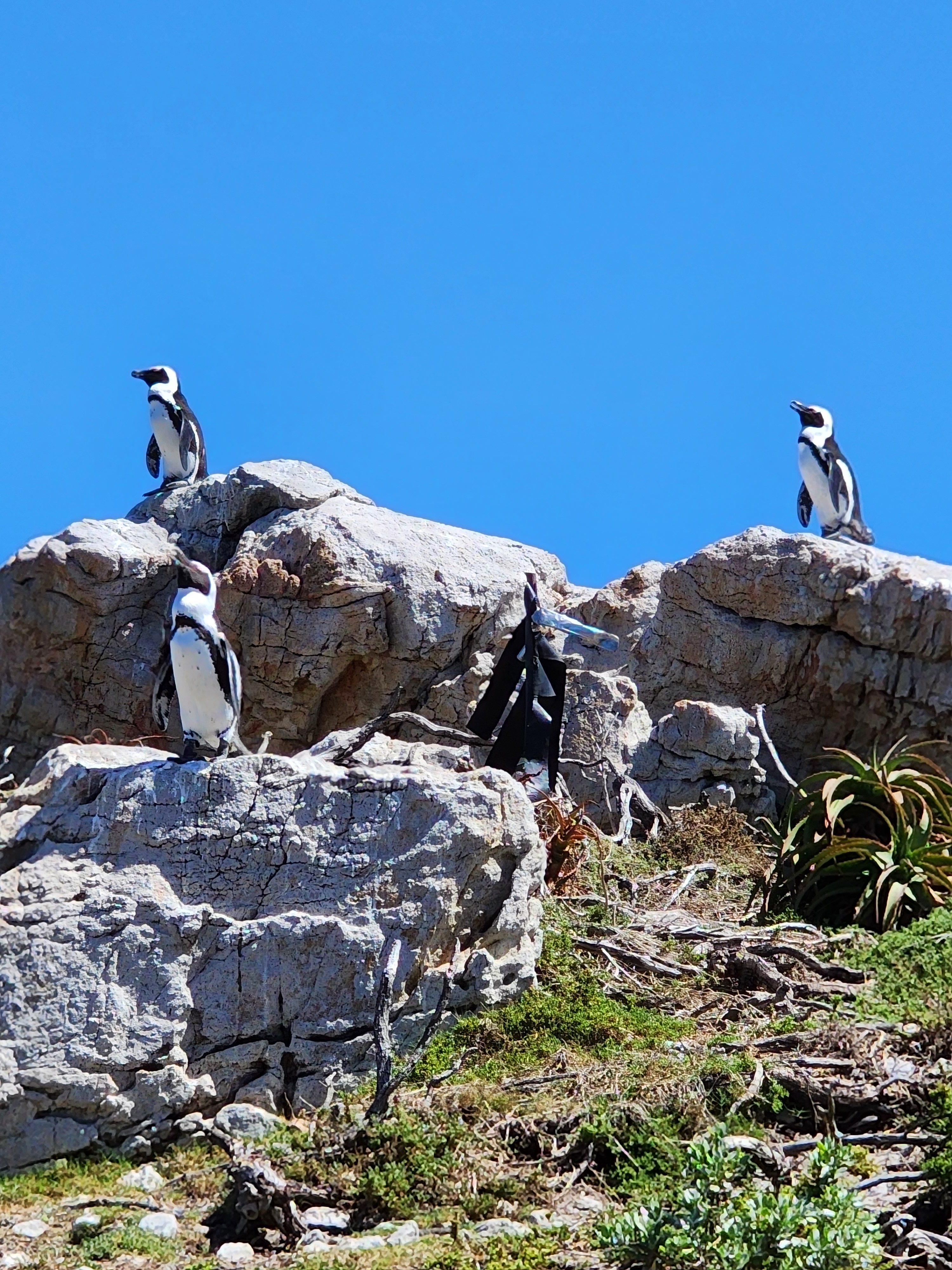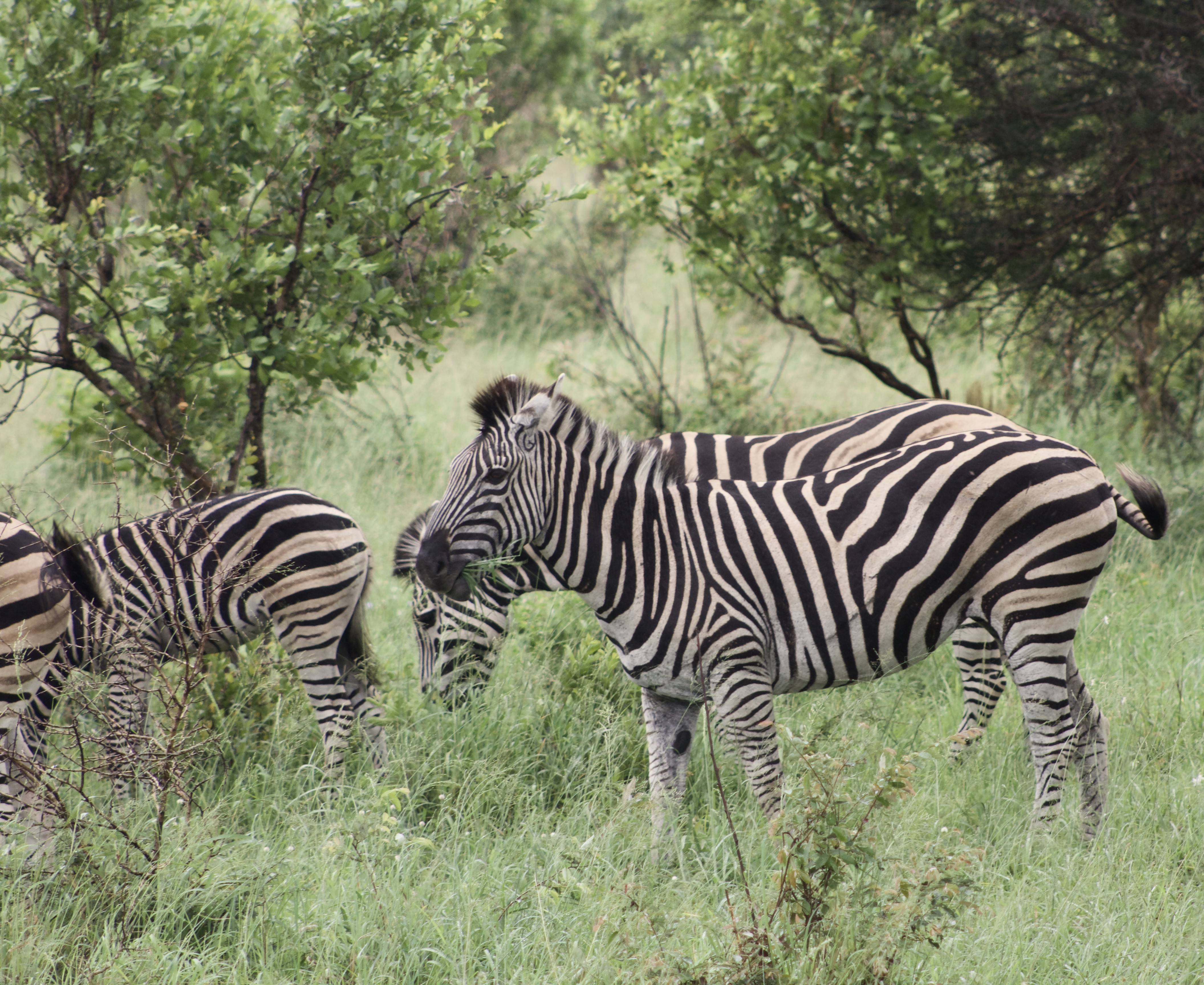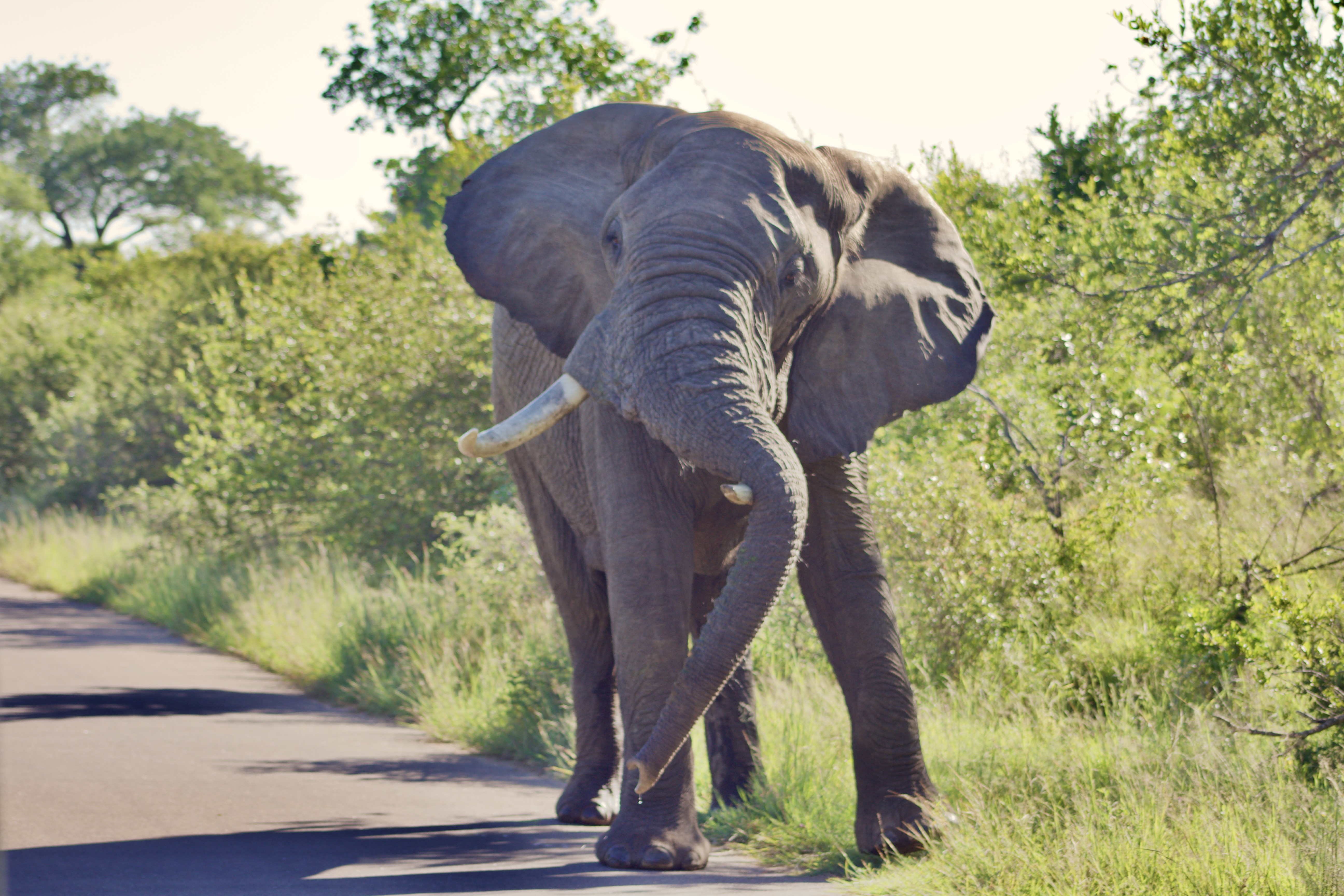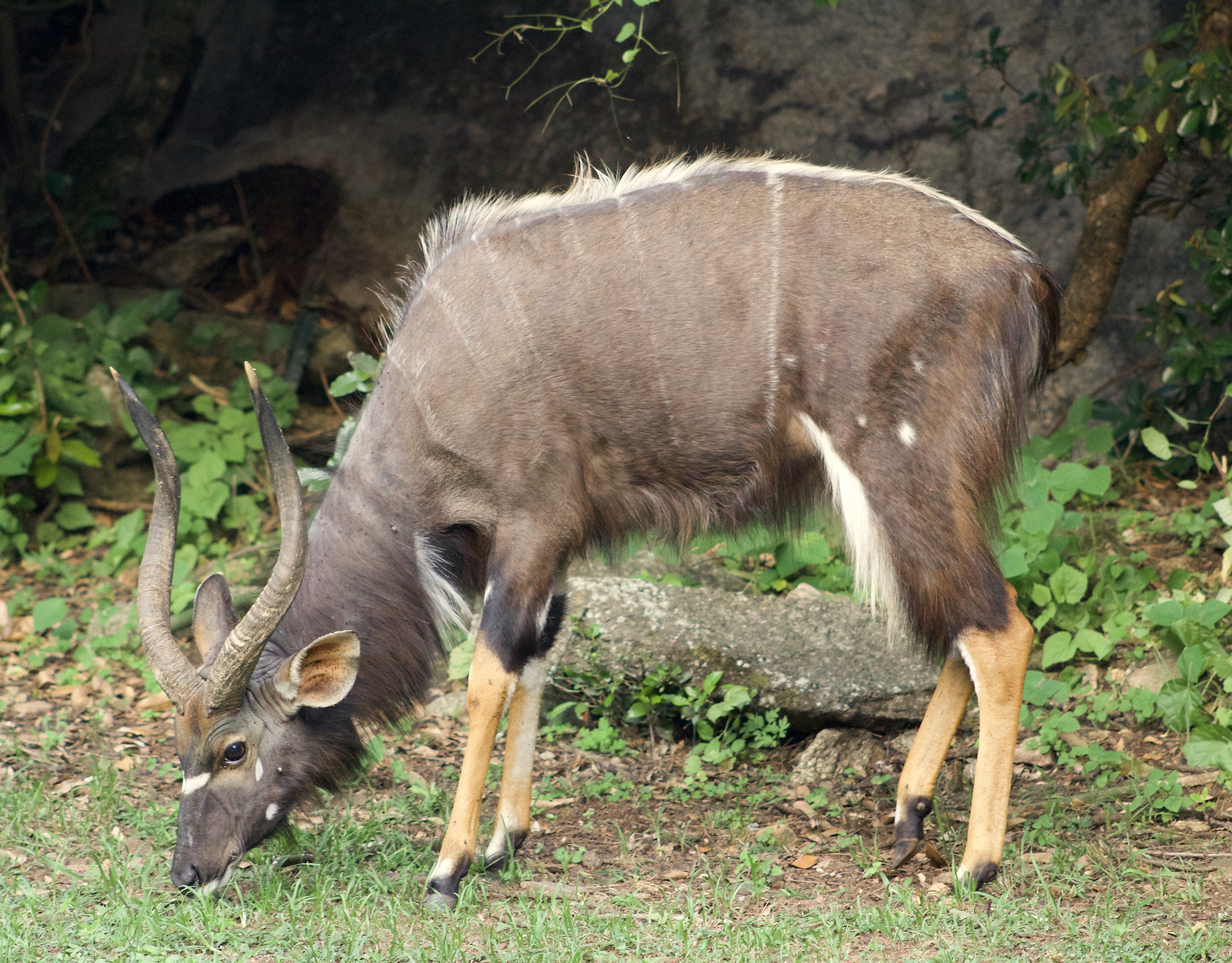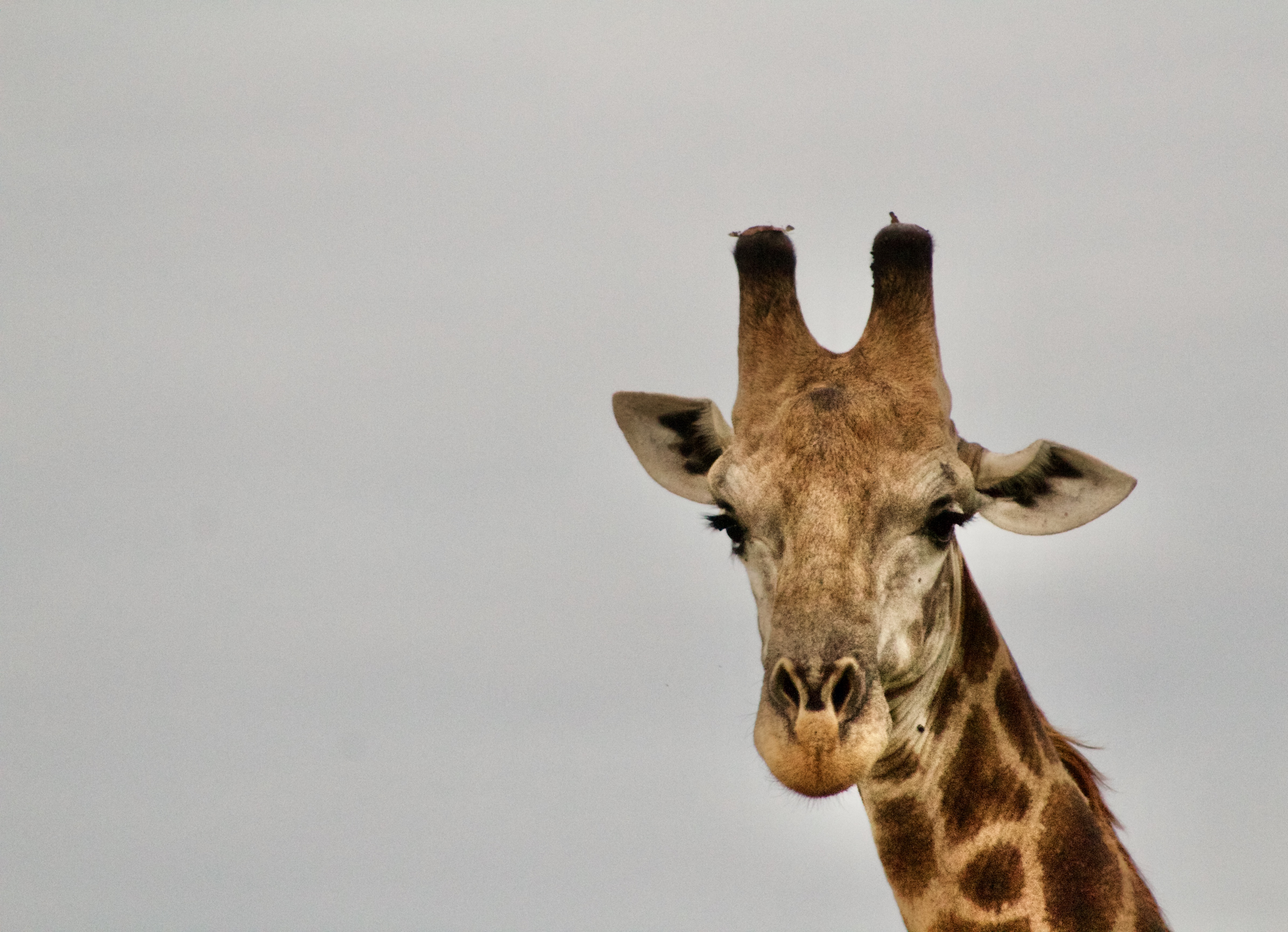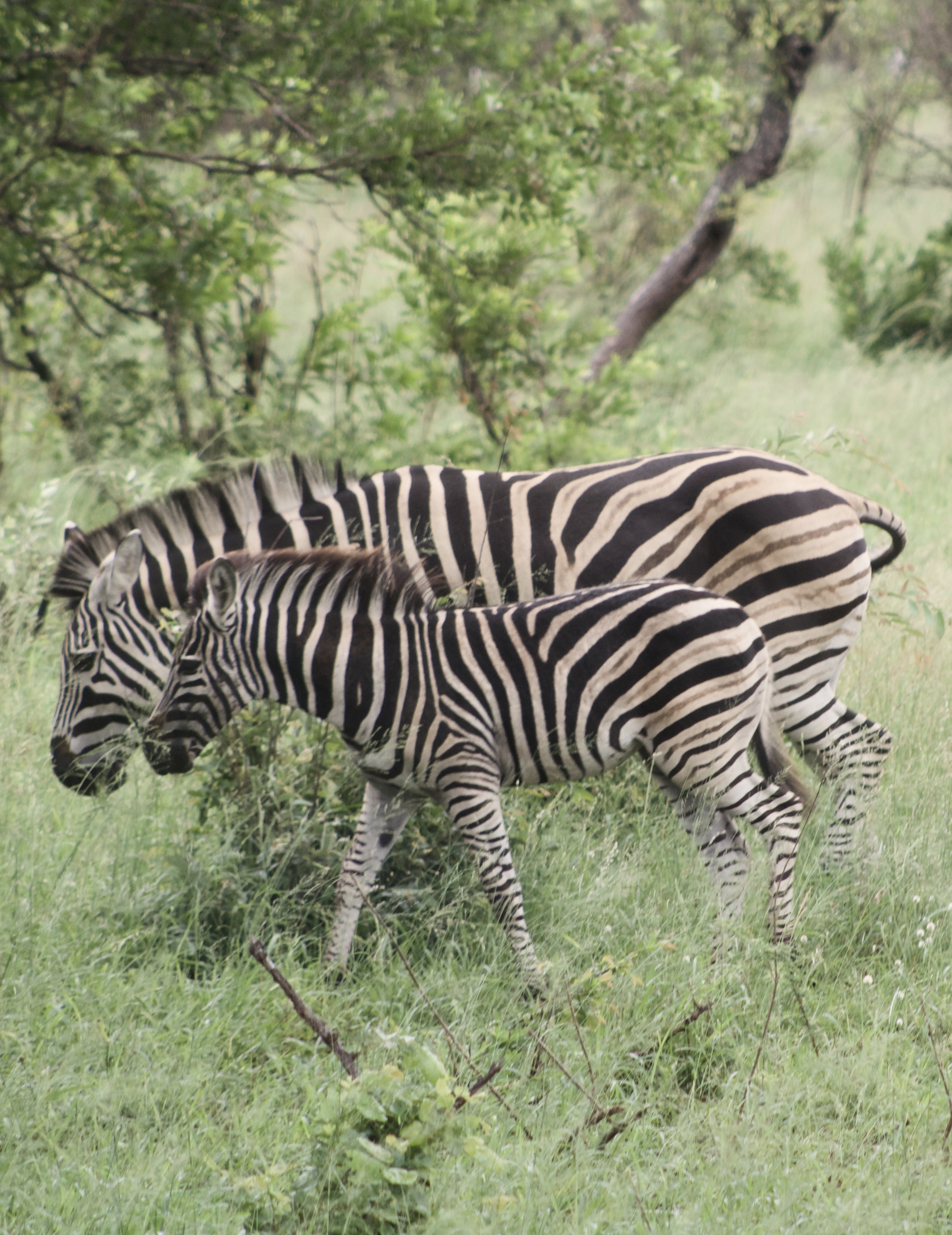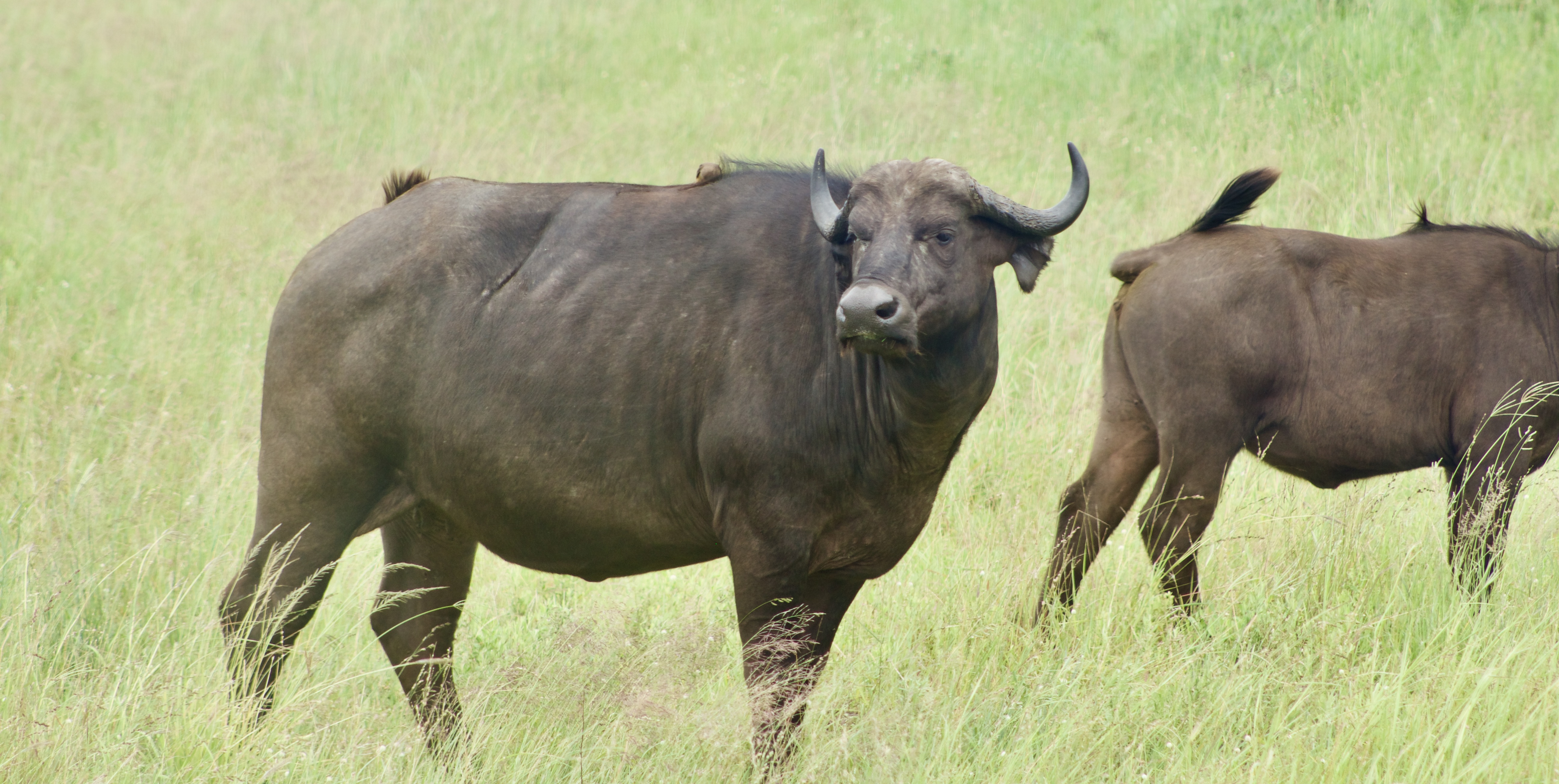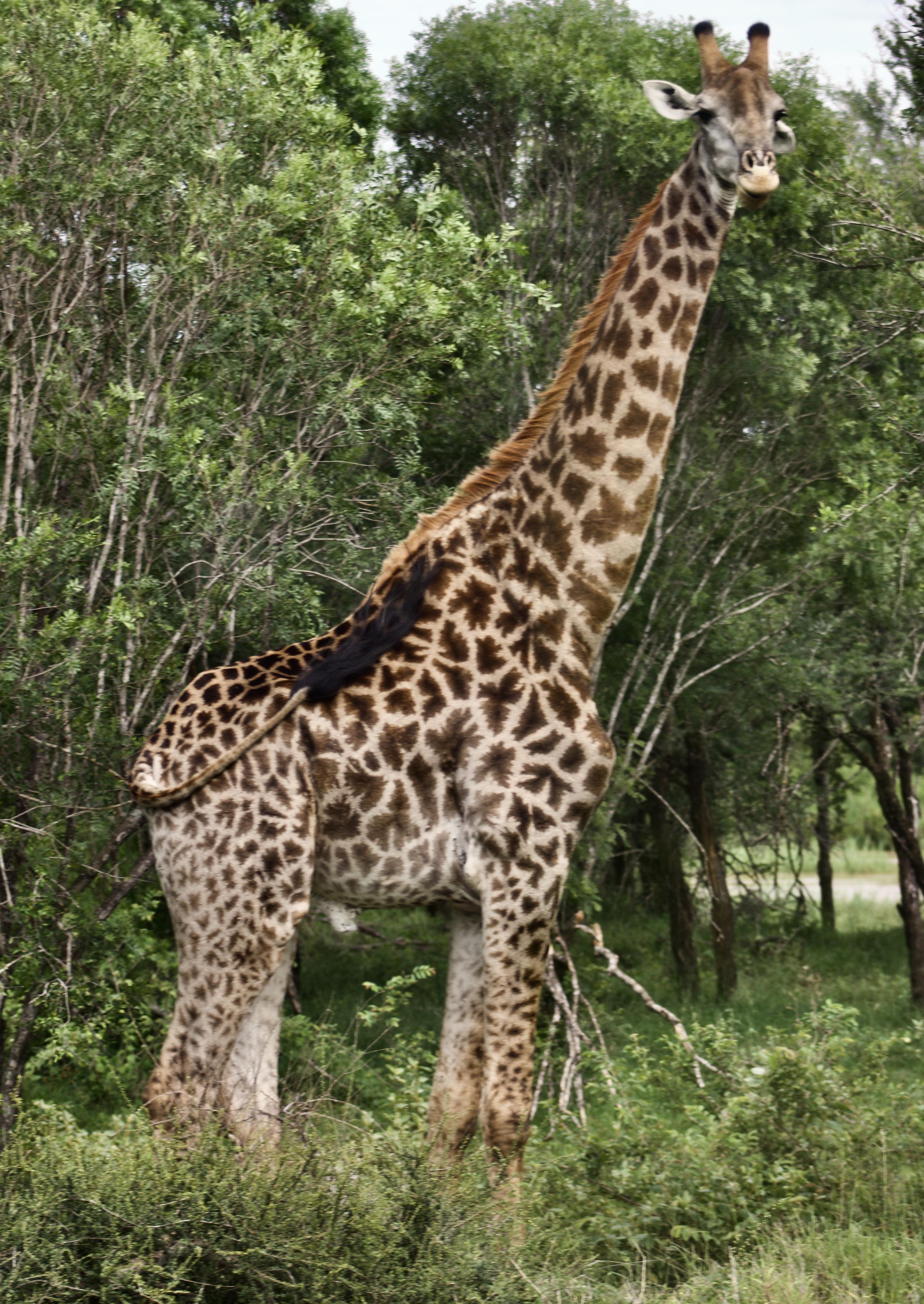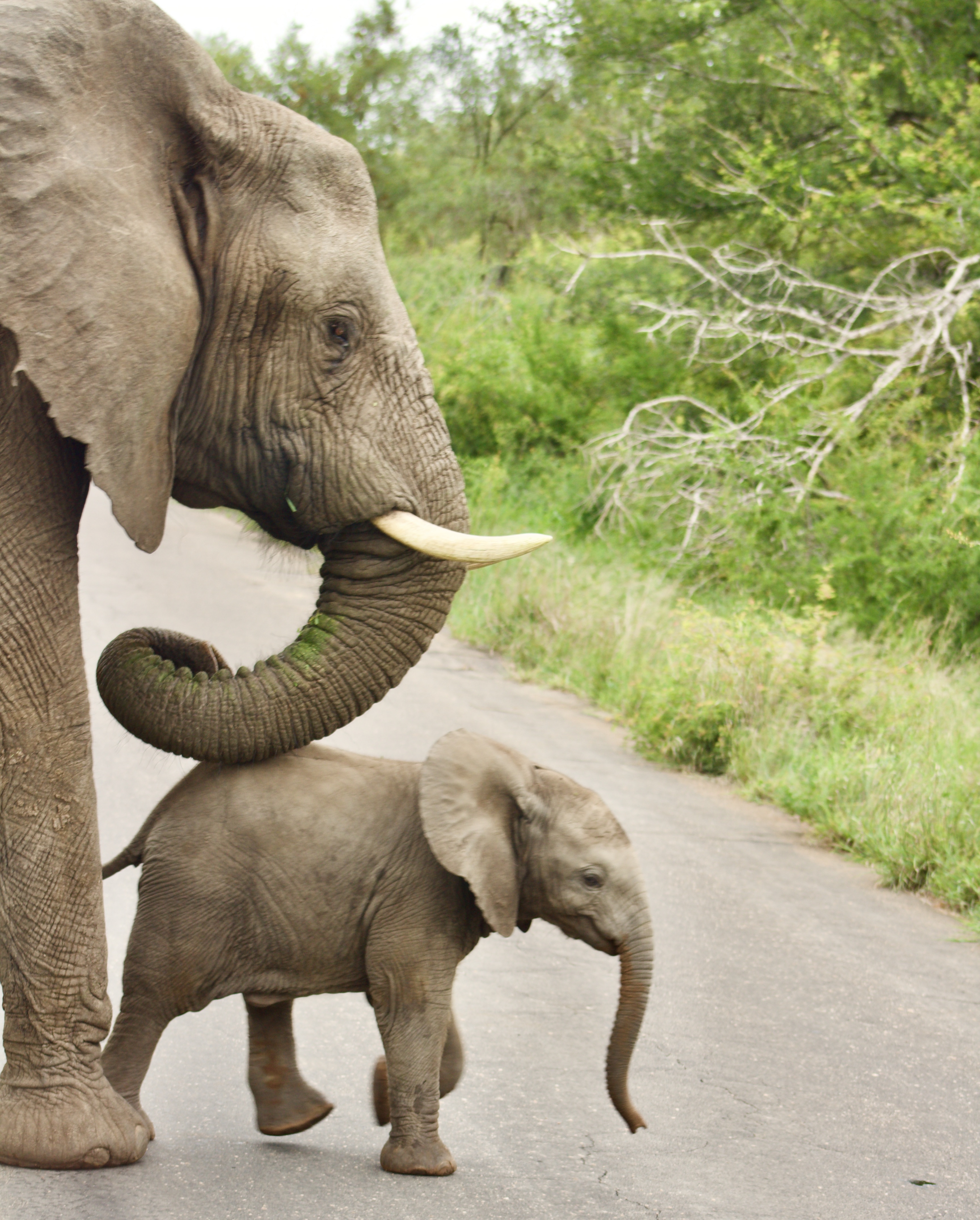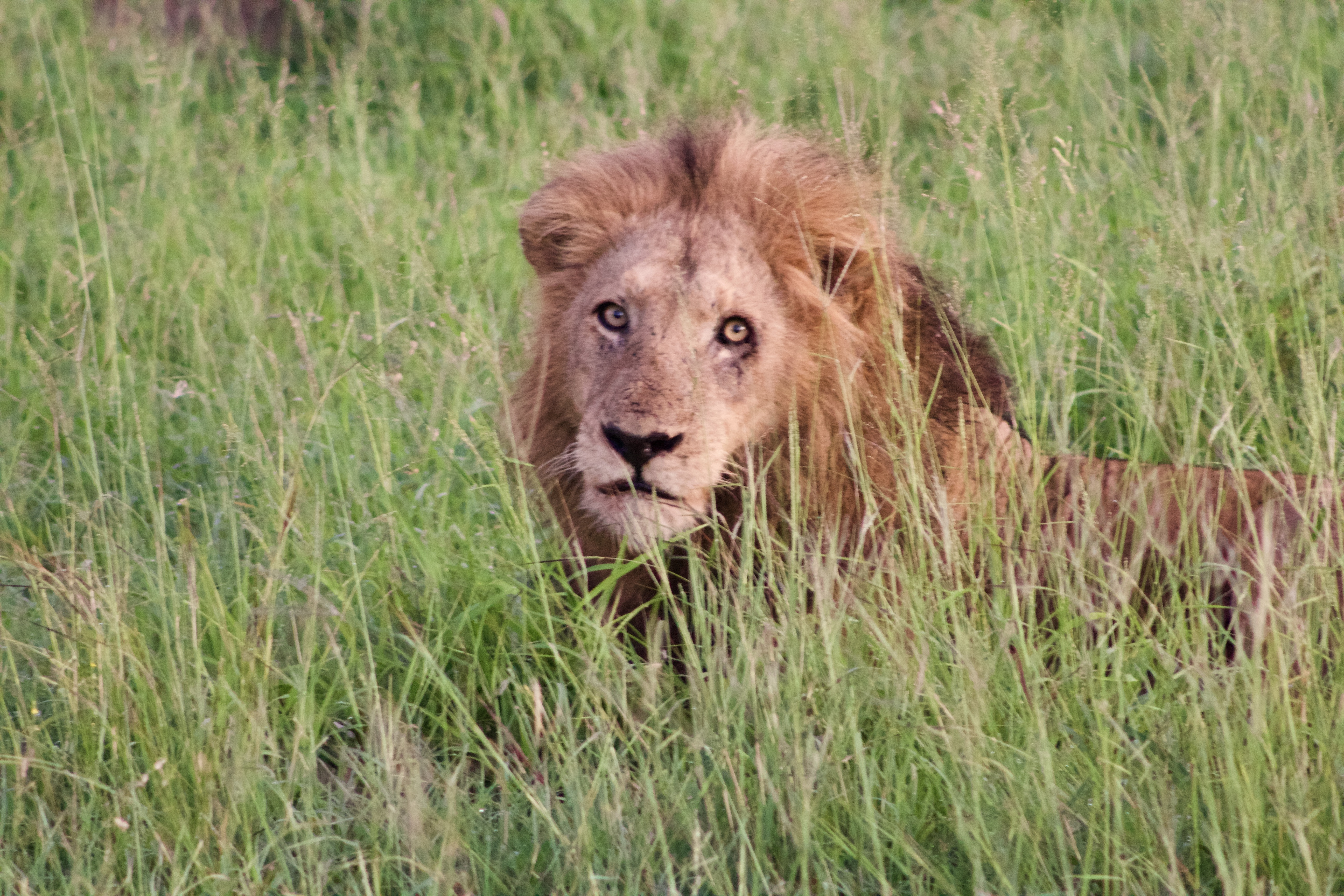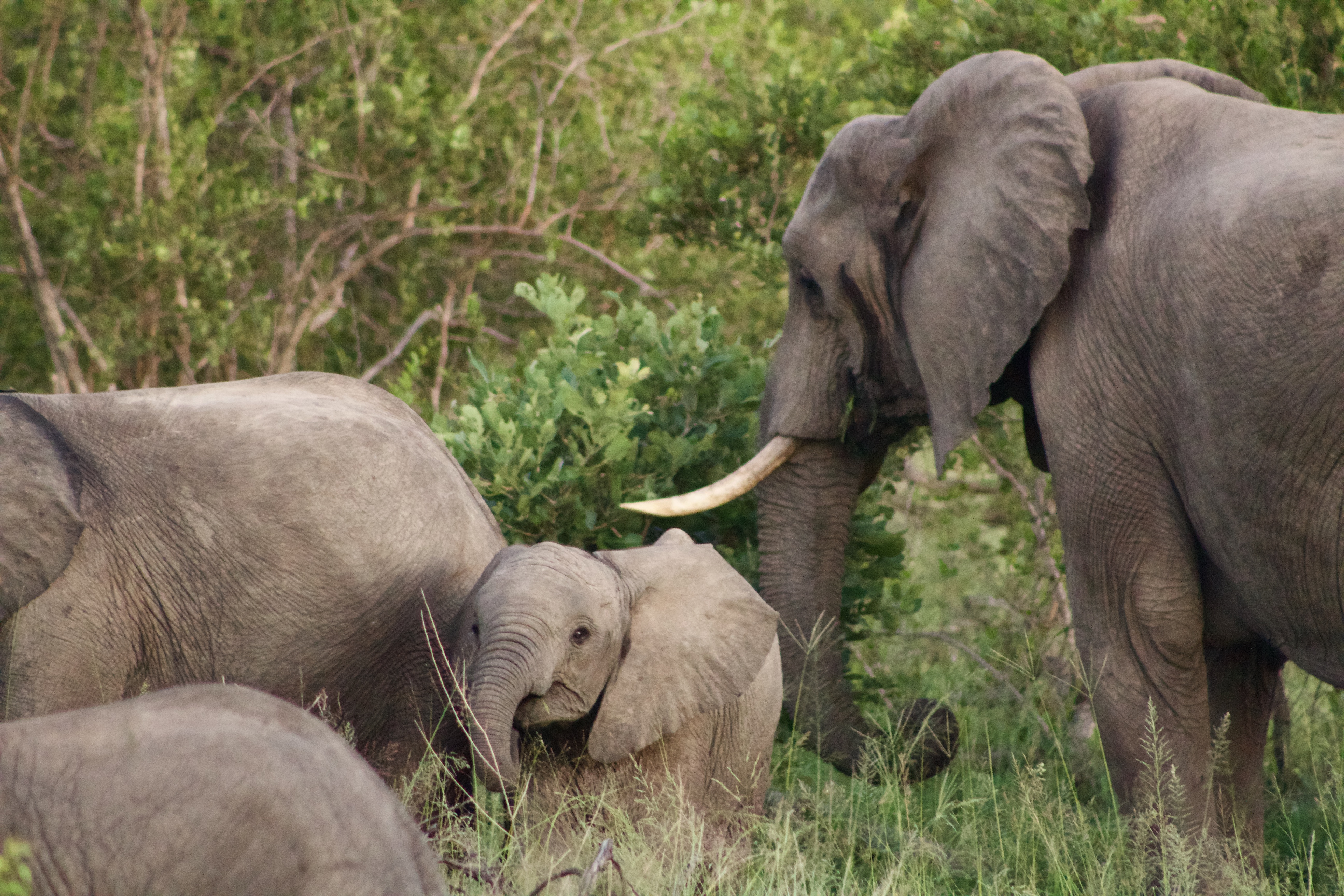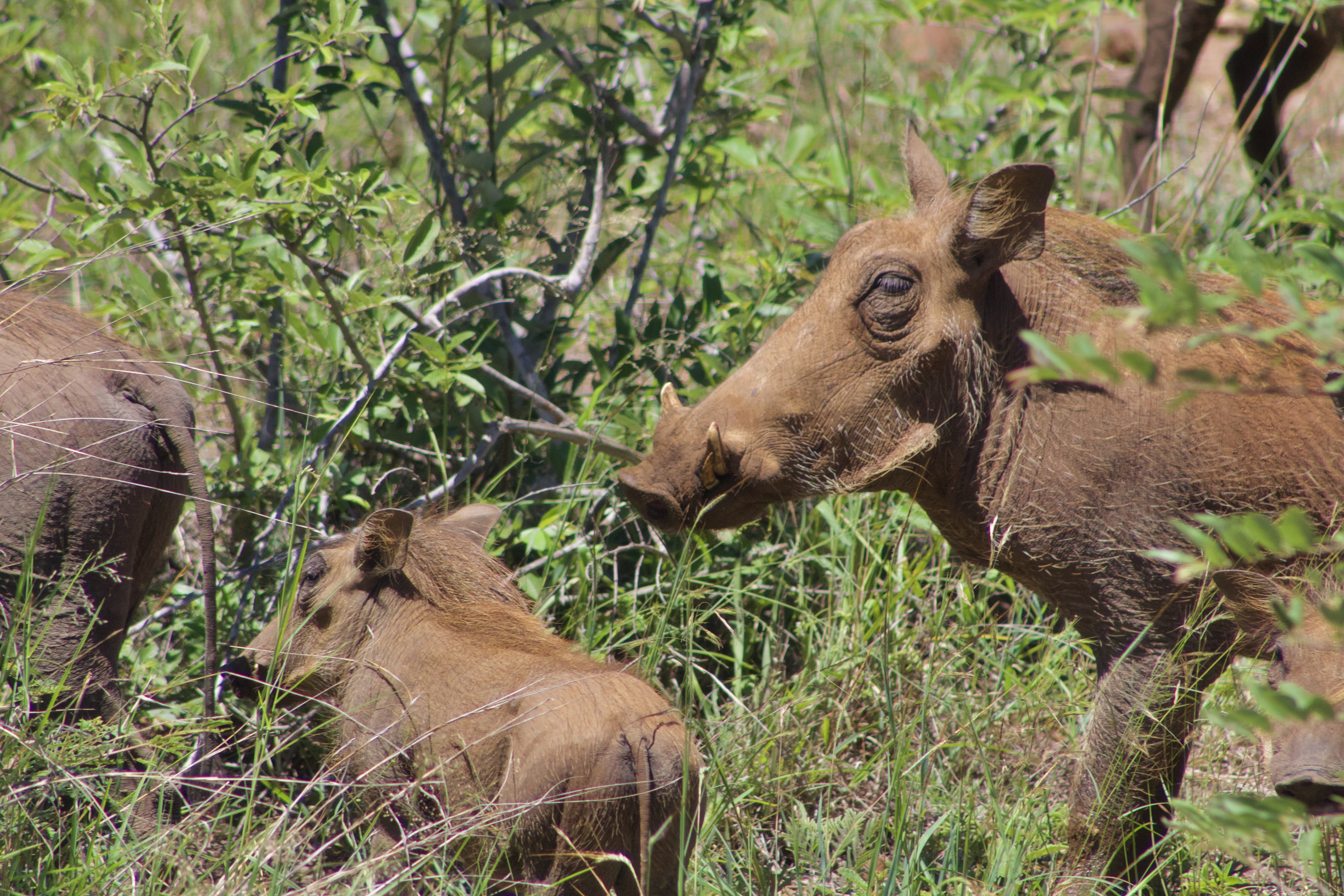A focus on food security, wildlife, and conservation
By: Patrick McKee
South Africa is one of the most ecologically and culturally diverse countries in Africa. It has well-developed commercial farming as well as substance-based production in rural areas.
To explore the nation’s practice for food security, production, distribution, and utilization, as well as the potential contributions to agriculture by wildlife, a group of 19 students traveled to South Africa during Winter Term 2023.
Exploring the world
“I thought it would be really interesting to go to another country,” said Grace Bartlett, a junior crop and soil science major. “It is the first time I have been out of the country before. I thought South Africa was probably not going to be somewhere I could visit without doing it through school.”
South Africa makes up just one percent of Earth’s land area, but is home to 10 percent of the planet’s known bird, fish, and plant species and six percent of mammal and reptile species.
Senior Bernard Frantz, a crop and soil science major, has taken part in faculty-led trips before, but never traveled internationally. “I wanted to try to go as far as possible,” Frantz said. “When I saw Africa was on the table, I knew I had to go.”
Sophomore forestry major Jacob Chang was interested in the animal life, saying, “I’ve always wanted to visit Africa. Seeing the big fauna was what got me to apply. I have always wanted to go on a safari. It’s a continent I had never been to and something I really wanted to see.”
Emily Meluch is a senior majoring in animal science and environmental economics. For her, she wanted to learn about the country’s conservation efforts. “I knew they were going to be studying wildlife conservation,” Meluch said. “I wanted to go see all the animals there.”
On the farm
Students visited several farms while on their journey across South Africa. They visited a game farm to learn about ecotourism, employment, and food security.
“Being an agronomy major, I’m very interested in food conservation,” said Bartlett. “I think seeing everything in real life, the farms, the different forages, the wildlife too, really helps us understand more about what we learn in the classroom. We got hands on experience. I can recognize the crops better, based on what I saw.”
The trip also included a tour of Langgewens Experimental Farm. Established in 1926, the research farm covers about 1,300 acres and is home to two long term conservation agriculture projects: crop rotation trials and soil tillage trials.
The crop rotation trials focus on improving soil health with the goal of increasing grain production. The soil tillage trials look at the “long term effect of soil disturbance and crop rotation with maximum retention of crop residues on soil quality and grain yield.”
“Their cover crops there are better than we have in some areas in the U.S.,” said Frantz. “It was really impressive because they have cover crops that have been there for over four years. That material just adds and adds and adds. Because of their seasons over there, there’s not really mold they have to worry about. They can just keep those on and that keeps your soil from eroding in the wind, it keeps your ground warmer in the winter and cooler in the summer. It provides a lot of benefits. Seeing something that’s way better managed over there was really impressive.”
On safari
A favorite part of the trip for many of the students was a visit to Kruger National Park.
“We set out just before sunrise at 4:30 a.m.,” said Chang. “Just before the sun started peeking over the horizon, we drove up on a male lion on one side of the road and another sitting on the other, kind of like gargoyles. That was like the most magical moment for sure.”
The park is 7,576 square miles, which is approximately the size of the states of Connecticut and Delaware combined. It extends 220 miles north to south and 40 miles east to west. Kruger is home to 147 species of large mammals – more than any other African game reserve.
Students learned about wildlife conservation and biodiversity and their impacts on animals before taking a tour. On their journey, they observed the hundreds of species of animals that call the park home, which helped students connect what they learned with real-life experiences.
“It helped connect my classroom learning,” said Meluch. “I really wanted to learn about poaching in general. I had not learned a lot about that in the classroom setting, so I got to learn so much about that when I was there because that is where it occurs.”
New Natural Wonder of the World
Table Mountain in Cape Town was conferred the title as a Natural Wonder of the World by the New7Wonders Foundation in 2011. It is a flat-topped mountain overlooking the city. The mountain has a peak elevation of 3,558 feet with the flat level summit spanning 1.9 miles. The national park draws 4.2 million visitors each year.
According to South African National Parks, the mountain is internationally recognized for its floral diversity. It is home to more than 1,500 species of plants, many of those are endemic. Because of its biodiversity, it has been nominated for World Heritage Site status.
From November through March, the Cape Doctor, a southeasterly wind, brings warm, moist air from the sea. When orographically lifted up the mountain, it cools and condenses, causing fog, referred to as locally as the tablecloth, to form.
“When we went there, it was completely shrouded in a cloud, Frantz said. “Wondering around in a fog, because of a cloud, was super impressive to me. It was very calming.”
Takeaways
For the students this trip helped them better understand what they have learned throughout their educational careers.
“Seeing is believing,” Frantz said. “Sure, you can do Zoom calls or guest speakers, but actually going there and seeing it makes those experiences that much more meaningful.”
“It was very grounding,” Chang said. “We talk in words and theories. You can’t really explain an experience or a culture.”
The trip was also a good opportunity for the group to learn more about themselves.
“It’s really good to get out of your comfort zone,” said Bartlett. “A lot of people don’t realize how much it helps you to grow when you put yourself in a new area with new people.”

